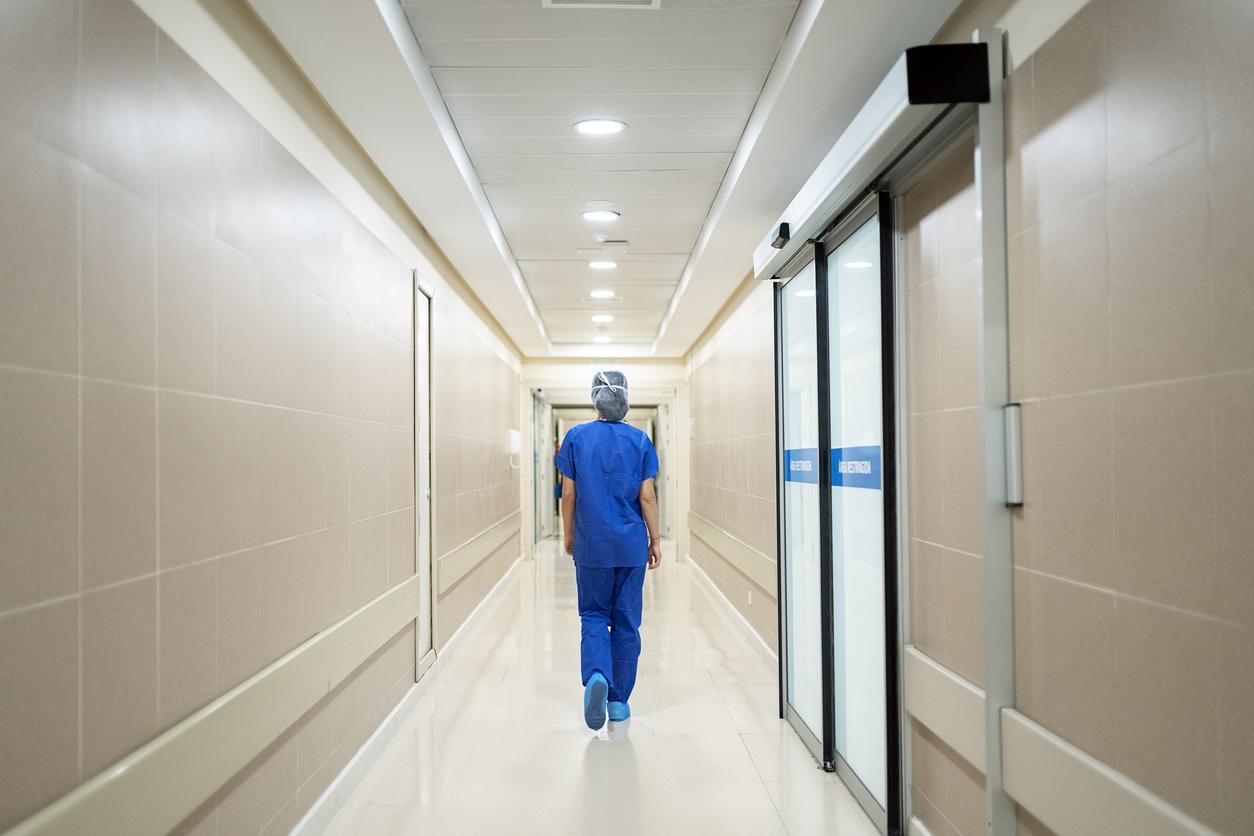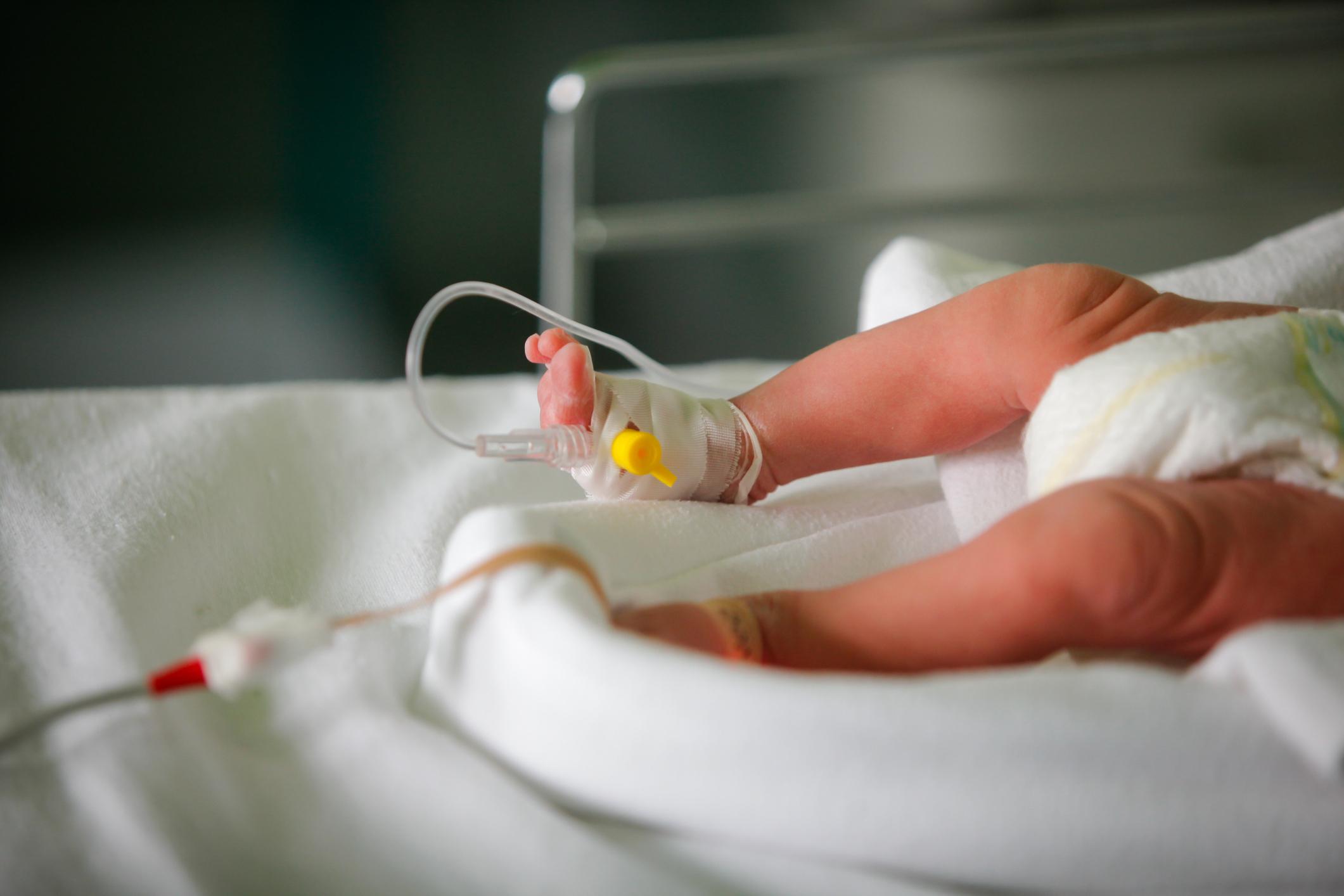The Ministry of Health presented a draft decree on the expansion of the skills of “nurses in advanced practice”. Subject to consultation between the organizations of nurses, who want more autonomy, and those of doctors, who want to remain the prime contractor, the reorganization of medicine is underway.

Provided for in the Health Act of the previous government, the draft decree detailing the new skills of “advanced practice nurses” (IPA), was presented to the Ministry of Health for consultation.
We start from afar because it has satisfied neither the nurses ‘unions, awaiting greater “autonomy”, nor the doctors’ organizations, who want to keep control of the patient’s first resort.
The new government wishing to train “nurses in advanced practice” (IPA) to fight against medical deserts, this draft decree has been the subject of discussions for more than a year between the Orders of Nurses and Doctors and the General Directorate. of the healthcare offer (DGOS).
A project that is presented as the Ministry of Health launches work to transform the health system.
[? #MieuxSoigner] @AgnesBuzyn launches work on the health system transformation strategy https://t.co/Y5Z428LxsX
– MinSolidaritésSanté (@MinSoliSante) March 9, 2018
A decree which significantly broadens the tasks of nurses
According to AFP, in this draft decree, nurses in advanced practice can intervene “face-to-face or remotely” on three levels of activity. First, on orientation, education, prevention and detection of diseases. Second, on the coordination of courses “between primary care, referral specialists and health or medico-social establishments and services”. And third, on the clinical evaluation and conclusions.
The nurse can conduct an interview with the patient to assess his situation and also perform a clinical examination. Depending on the results, the nurse can then “perform the technical acts necessary to monitor the pathology (s) and interpret the results”, “prescribe additional examinations necessary for monitoring the patient and interpret the results”, prescribe medical devices or drugs “not subject to compulsory medical prescription” or “renewing or adapting current medical prescriptions”.
Medical examinations, prescriptions: the new skills of nurses are debated https://t.co/L56HsjASxm
– Europe 1 (@ Europe1) March 8, 2018
In this context, it is the doctor who determines “for each area of intervention, the patients to whom, with their agreement, follow-up by a nurse practicing in advanced practice” will be offered, who in return must inform the practitioner about himself. he identifies a deterioration in the patient’s state of health or “a situation the management of which exceeds his field of competence”.
Delegation of care is already working in oncology
There is no longer any doubt that we can improve the organization of care and that nurses can play a major role in this better organization.
In oncology, it has been several years now that “coordinating nurses” ensure, within the framework of a delegation of tasks, the coordination of chemotherapy prescribed in hospitals or in cancer centers and carried out in town. Indeed, 50% of chemotherapy will be in the form of oral treatment in tablets from 2020. The coordinating nurses, among other things, answer patients’ questions on intercurrent events and side effects of chemotherapy, assess their severity and contact an oncologist. from the center or a city specialist if needed.
Other experiences of delegating care are already being done in private practice in medical deserts, with nurses performing some of the tasks usually assigned to doctors, such as carrying out the initial examination, taking blood pressure, monitoring the adjustments of anticoagulant treatment, etc. All these acts are carried out within the framework of protocols set up with the referring physician.
The doctor must remain “the conductor”
The provisions are “disappointing” according to Philippe Tisserand, the president of the FNI (union of liberal nurses). In an interview with AFP, he regrets practices which remain “totally supervised” by the doctor, far from the “autonomy” of nurses in the United Kingdom or the United States. With other nurses unions, he pleads for the inclusion of “nurse consultation” in the decree.
Advanced practices: big disappointment in the ranks #nurses after the ministry presented, on March 8, its draft decree to the ordinal and trade union organizations. https://t.co/h3nYa14s31 @nfirmierSNPI @ Sniil1 @FNIofficiel @Ludivine_FNESI @OrdreNurses pic.twitter.com/Kw0kA0SBV9
– Nurse magazine (@infirmieremag) March 8, 2018
His medical counterparts are no more satisfied. At the CSMF (union of liberal doctors), its president, Dr Jean-Paul Ortiz, deemed it essential that the doctor “remain the conductor”. He asked for a revision of the decree on pain of “a hard conflict”. In a press release, MG France (the union of general practitioners), deplores that the draft decree, “does not correspond to the needs of a coordinated exercise of proximity”. And he adds: “The content of the decree does not at any time put forward the notions of local care teams, of collaborations experienced by doctors and nurses in the field. It creates a floor of independent care… ”.
It’s a negotiation, but it is not possible to let doctors continue to do tasks that do not justify the 10 years of studies they have at least done. Doctors and nurses have everything to gain from working in a coordinated healthcare system: the organization of medicine is on the move
.















